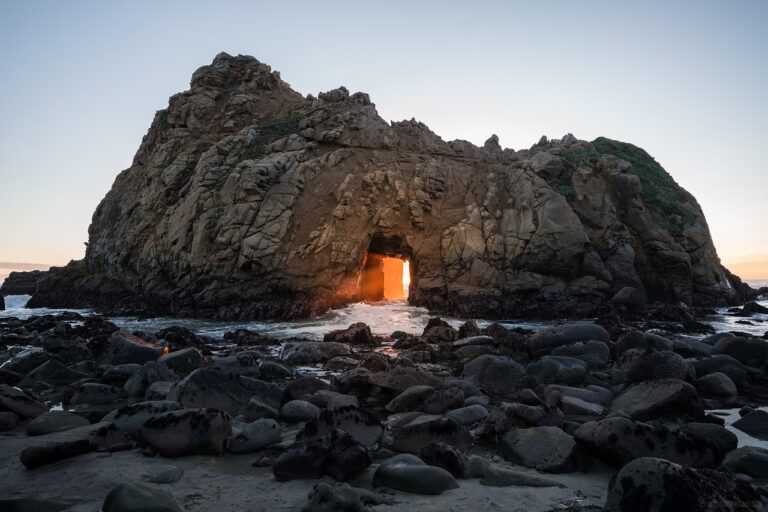Ethical Wildlife Encounters: Tips for Responsible Animal Tourism
The rapidly changing landscape of our planet is putting numerous species at risk of extinction. Only through heightened awareness and action can we hope to preserve the delicate balance of our ecosystems. It is vital for us to educate ourselves and others on the importance of wildlife conservation to ensure a sustainable future for all living beings on Earth.
By understanding the impact of human activities on wildlife populations, we can take steps to mitigate detrimental effects and promote coexistence with the natural world. Through conservation efforts and advocacy, we have the power to make a positive difference in safeguarding the rich biodiversity that surrounds us.
Understanding Animal Behavior
Observing and studying animal behavior is crucial in the realm of wildlife conservation. By understanding an animal’s natural instincts, communication methods, and social structures, researchers can better anticipate and address potential threats to their survival. For instance, identifying patterns in migration routes or feeding behaviors can aid in developing more effective conservation strategies to protect vulnerable species.
Furthermore, comprehending animal behavior can also enhance ecotourism experiences by promoting responsible interaction with wildlife. Tourists who are educated on how to interpret animal cues and respect their boundaries are more likely to engage in ethical and sustainable wildlife encounters. This not only ensures the safety and wellbeing of both the animals and visitors but also fosters a deeper appreciation for the interconnectedness of all living beings in their natural habitats.
Respecting Natural Habitats
Respecting natural habitats is crucial in ensuring the well-being of various species that call these environments home. Human activities such as deforestation, pollution, and urbanization have significantly impacted these habitats, leading to the loss of biodiversity and disruption of ecosystems. It is essential for us to recognize the importance of preserving these natural spaces for the survival of wildlife and the balance of our planet’s ecosystems.
By respecting natural habitats, we not only protect the diverse species that inhabit them but also safeguard the many resources and benefits these ecosystems provide to humanity. From regulating climate to purifying water sources, natural habitats play a vital role in maintaining the health and equilibrium of our planet. It is imperative that we adopt sustainable practices and conservation efforts to ensure the long-term protection of these habitats and the species that rely on them for survival.
Why is it important to be aware of wildlife conservation?
It is important to be aware of wildlife conservation in order to protect the biodiversity of our planet and ensure the survival of various species for future generations.
How can understanding animal behavior help in respecting natural habitats?
Understanding animal behavior can help us avoid disrupting their natural habitats and ensure that we do not inadvertently harm or endanger them.
What are some ways to respect natural habitats?
Some ways to respect natural habitats include staying on designated trails, avoiding littering, refraining from feeding wildlife, and minimizing noise pollution in natural areas.





